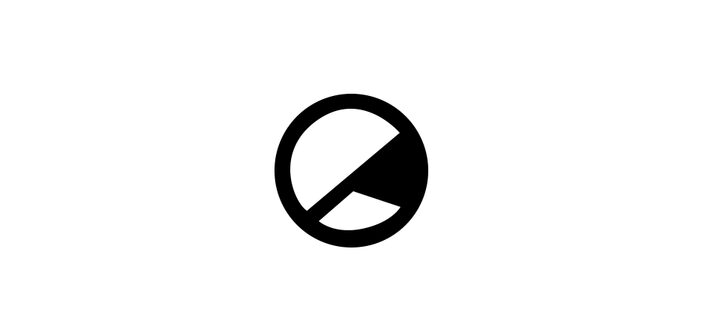Meticulously composed and precisely executed, this heavily surreal study of the job interview from Anthony Garland seethes with palpable pressure and calculated malice throughout.
-
10
Grandiose, mannered, and audacious, Anthony Garland’s directorial debut wears one particular influence boldly on its sleeve- that of American auteur David Lynch. Chock-full of bizarre characters, disturbing imagery, and menacing soundscapes, one can’t help but feel the full force of Lynch’s films, particularly his later works like Lost Highway, Mulholland Drive, and Inland Empire. As in these films, Ophelia deals in the same disjointed dialogue that creates, through its lack of naturalism, a sense of growing uneasiness and discomfort in the viewer.
Daniel Katz’s cinematography perfectly conveys this anxiety, subtly employing wide-angle lenses; an oppressive colour palette of grays and browns; and ominous, all-consuming shadows. Adding to this is the brilliant sound design, a crucial element of the overall effect. Seamlessly blending Erick Del Aguila’s tense atmospheric score with layered whispering voices and diegetic sound, it immediately puts the viewer on edge to such an extent that even small sounds like the squeak of a chair become earth-shattering quakes. Jeremy White’s production design is ingenious, utilising dilapidated, visibly decaying interiors, which acts as a potent representation of the fractured psychology of Ophelia herself – whose poker-faced resilience is portrayed marvelously by Ali Mueller.
While on the subject of the titular character, let’s talk about names. ‘Ophelia’, due to its archaic nature, can surely only be a reference to Shakespeare’s tragic heroine from Hamlet, who goes insane and drowns in a singularly bizarre fashion. Perhaps then the madness which we see lurking round every corner of Ophelia’s mind – barely contained as her potential employers do their best to undermine her confidence – is what relates her to her Shakespearean counterpart. The three interviewers: Doc, Grumpy, and Sneezy, are all intelligently modelled on their Snow White namesakes, reflecting the latters’ various idiosyncrasies with acute precision. It allows a fun re-imagining of Disney’s adaptation of the Grimm fairytale, in which the seven dwarves would rigorously interview Snow White with utmost intensity to ascertain whether or not, when put under pressure, she proves to have the correct attributes to be their refugee, and indeed employee.
It’s an odd combination of references, Disney and Shakespeare, but it’s one that works wonderfully in this context. The interplay of light and dark elements which it promotes is essential too. The blackly comic laughs are made all the more uncomfortable by the intensely frightening undertones that lie beneath them, each magnifying the other’s impact through the sharp contrast they closely inhabit.
In a mere 8 minutes the film packs in such an incredible amount of detail, conveyed in a way only cinema can, and it’s these details which make the film’s protagonist so interesting. The doing up of a shirt button, the slip of a heel, and the gait of her walk all give us much more resonant indicators of her personality than any amount of dialogue could. It has the astonishing effect of endearing us to her despite her guard never being let down. It is not only a testament to the quality of Garland’s direction that we feel as though we know Ophelia intimately by the end of the film, but also a sign that whatever he chooses to do next will surely be full of richly developed characters and delicately realised scenarios.
Ophelia (2016), directed by Anthony Garland, was selected for the Oscar-qualifying festival, La Shorts Fest.




